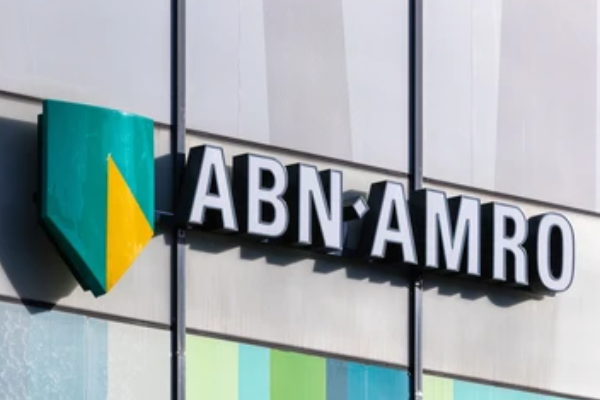15 Cryptocurrency Companies Seeking OCC Trust Charters
More than a dozen cryptocurrency companies are applying for banking licenses, encouraged by the friendly leadership of one of the top U.S. banking regulators. At least 15 cryptocurrency and fintech companies are understood to be applying for trust charters from the Office of the Comptroller of the Currency, setting up a regulatory power struggle with the Federal Reserve.
Under the crypto-friendly Trump administration, the Office of the Comptroller of the Currency (OCC) has said it will be more aggressive in accommodating cryptocurrency companies looking to enter the banking ecosystem, leading to a surge in applications.
While many companies, such as Circle and BitGo, are looking to streamline operations by further integrating into the traditional financial system, some are pursuing OCC trust charters as a strategic path to gain access to a coveted Fed master account — a powerful tool that allows direct access to the central bank’s payment systems. Such access would allow cryptocurrency companies to effectively bypass traditional banks and operate on financial infrastructure that is typically only available to federally regulated depository institutions.
No cryptocurrency entity has so far successfully obtained a master account, despite efforts by companies such as Wyoming’s Custodia Bank, which is suing the Fed over its rejection of its master account application. Meanwhile, two people familiar with the matter told Crypto In America that the White House is preparing an executive order that would require the Federal Reserve to formally consider allowing crypto-native companies access to master accounts.
The approval of OCC trust charters for crypto companies began with the crypto-friendly former Acting Comptroller Brian Brooks, who approved Anchorage’s first crypto trust charter and provided preliminary approval to stablecoin issuer Paxos in 2021. Now, with Brooks’ protégé Jonathan Gould set to be confirmed as the new head of the OCC, there are signs that the agency may return to a more liberal stance on licensing crypto companies after a four-year hiatus under the Biden administration.
An OCC spokesperson did not immediately respond to a request for comment.
But the Fed will not be easily persuaded. The Fed has refused to automatically deem crypto companies that receive trust charters from the Office of the Comptroller of the Currency (OCC) eligible for master accounts, citing concerns about systemic risk and regulatory arbitrage. Meanwhile, traditional institutions such as Bank of America have also supported the Fed, warning that allowing less regulated trust companies to enter the central bank infrastructure would undermine the existing two-tier banking system and open the door to risky disruption.
Cryptocurrency companies are stepping up their lobbying for bank access as Congress prepares to debate the Senate's stablecoin legislation, the GENIUS Act. The bill could classify stablecoin issuers as financial institutions under the Bank Secrecy Act, requiring them to report suspicious activity and verify customers.









